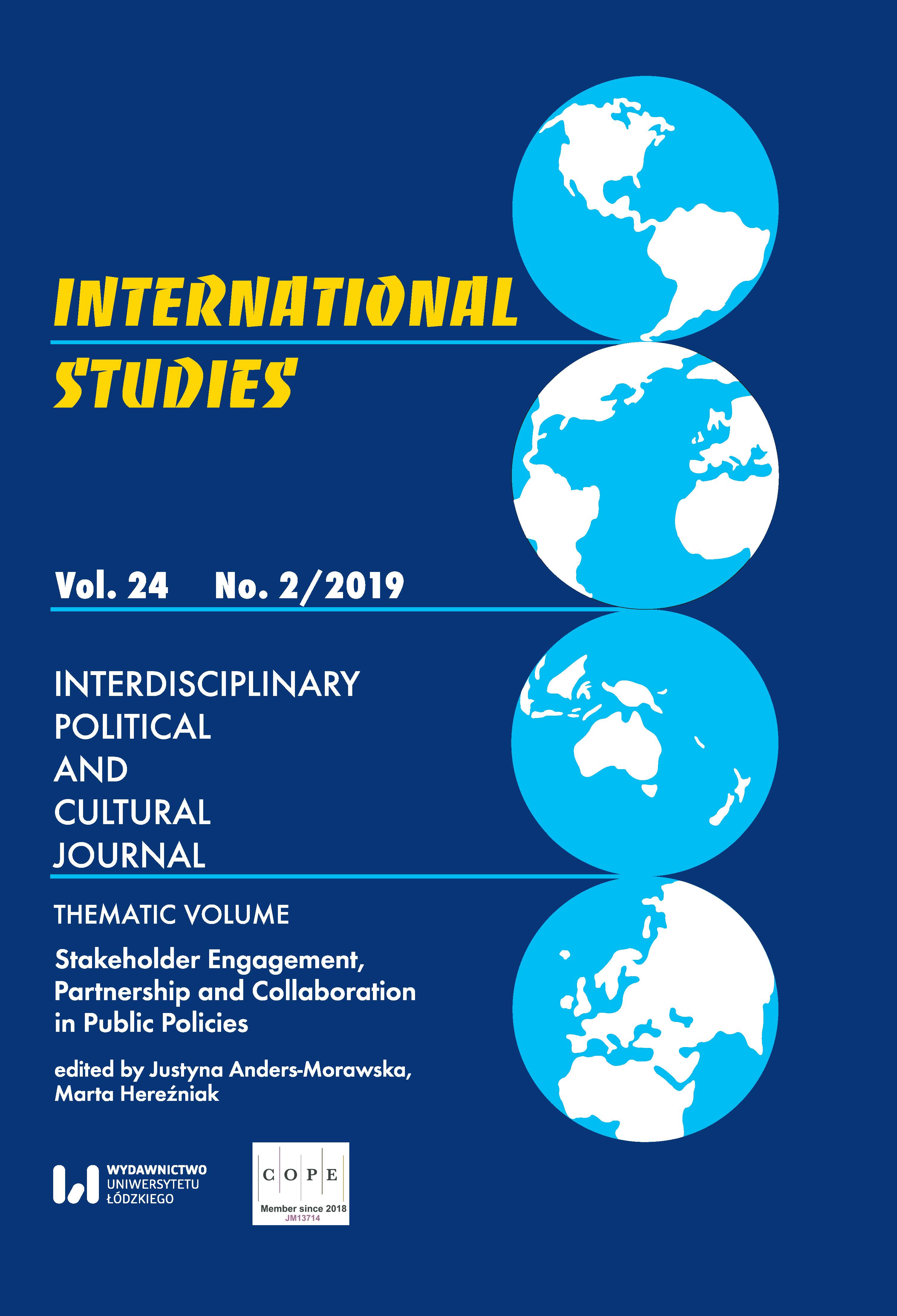Assessing the Learning Outcomes of Food-related Educational Tourism Events for University Students: The Case of the International Student Competition of Fermo, Italy
Assessing the Learning Outcomes of Food-related Educational Tourism Events for University Students: The Case of the International Student Competition of Fermo, Italy
Author(s): Sabrina Tomasi, Alessio Cavicchi, Gigliola Paviotti, Giovanna Bertella, Cristina SantiniSubject(s): Higher Education , Tourism
Published by: Wydawnictwo Uniwersytetu Łódzkiego
Keywords: educational tourism; food tourism; experiential learning; knowledge; soft skills; employability
Summary/Abstract: This paper examines the International Student Competition on Place Branding and Mediterranean Diet held in Fermo, Italy, in the context of the development of rural areas. This one-week food-related educational programme was organised by the University of Macerata’s Department of Education, Cultural Heritage and Tourism in collaboration with The Piceno Laboratory on the Mediterranean Diet, a local network of public and private stakeholders committed to the promotion of Fermo area as a touristic destination based on traditional gastronomy. The aim of this study was to understand how and to what extent such food-related educational events may contribute to providing students with the knowledge, expertise and soft skills needed for careers in the food tourism sector. Of interest also was how such events may benefit the development of rural areas. The ISC was founded in 2016 and continued in 2017, 2018 and 2019. In order to assess students’ perceptions about the experience, specifically regarding what they felt they had learned about food tourism, and which soft skills they had acquired or honed, 13 students who participated in the 2017 event were interviewed for a qualitative study. Moreover, the authors drew upon information gleaned from interactions with students and teachers, as well as with several important actors of the local food and tourism sector, including tourism and hospitality entrepreneurs and representatives of government agencies, with whom they collaborated in the context of planning, running and evaluating the events. The findings show that the ISC can provide students with a good general understanding of the territory and practical knowledge about place branding and food tourism. In terms of career preparation, the combination of fieldwork activities with traditional lectures and group activities was particularly fruitful in promoting soft skills such as communication, efficient use of social media, teamwork, problem-solving and decision making.
Journal: International Studies: Interdisciplinary Political and Cultural Journal (IS)
- Issue Year: 24/2019
- Issue No: 2
- Page Range: 95-125
- Page Count: 31
- Language: English

